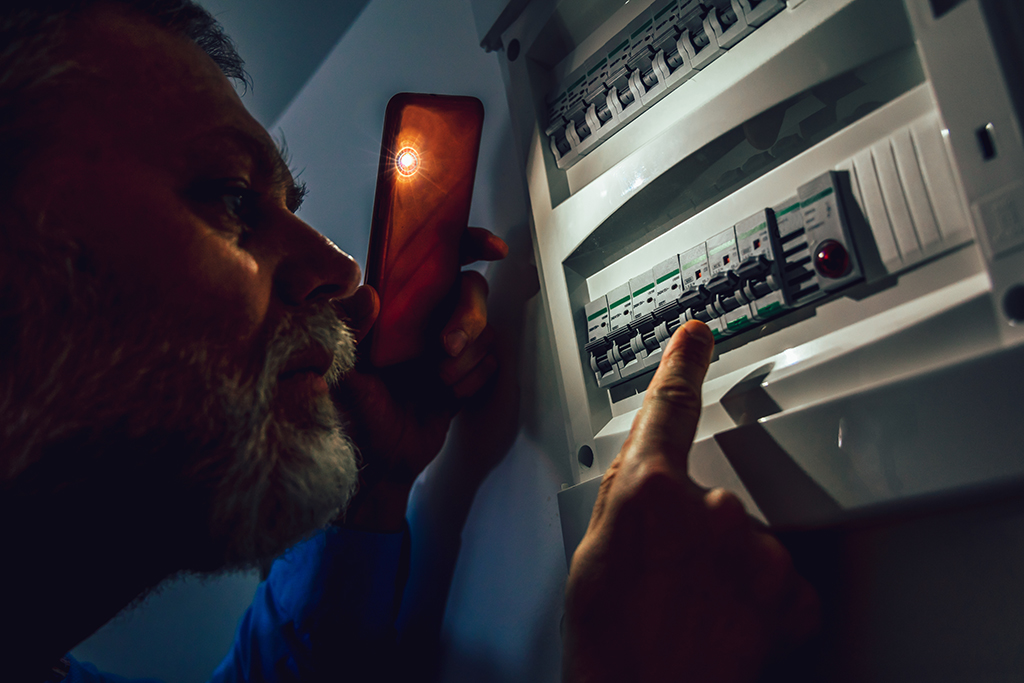
Ask An Electrical Service How To Choose The Right Fuses For Your Home | Myrtle Beach, SC
Like most homeowners, you may not think too much about fuses. But if your home has an electrical problem, a fuse can be the difference between a minor inconvenience and a major disaster. So it’s important to know which type of fuse is right for your home. In this article, we’ll discuss the various factors you should consider when choosing a fuse for your home.
Electrical Needs of Your Home
The electrical needs of your home should be one of the main things you consider when choosing a fuse for your home. The main things you need to look at are your wattage requirements and amperage. Most homes will require between 60 and 100 amps. This number can be higher if you have many high-wattage appliances or are running a business out of your home.
You also need to factor in the type of appliances you have. You can get away with a smaller fuse if you have mostly lights and small electronics. However, if you have large appliances like washers and dryers, you will need a larger fuse to accommodate their needs. The last thing to consider is the size of your home. A small apartment will not require as much power as a large house. When choosing a fuse for your home, keep these things in mind to ensure your electrical needs are met. You should engage with an electrical services provider in Myrtle Beach, SC, to help you with this.
Whether You Need a Standard or Time-Delay Fuse
When choosing a fuse for your home, one important aspect to consider is its type. Standard fuses are designed to interrupt the flow of electricity as soon as there is an overload. In contrast, time-delay fuses allow a higher amount of current to flow for a short time before they trip. This can be helpful in situations where there is a momentary power surge, such as when you start up a large appliance.
However, it’s important to note that time-delay fuses can also cause fires if there is a sustained power overload, so they should only be used in circuits that don’t regularly experience high levels of current. Time-delay fuses are also more expensive than standard fuses, but they may be worth the extra cost in some situations. With this in mind, choosing the right fuse for your needs is important to ensure safety and efficiency.
What Is Your Budget?
When choosing a fuse for your home, budget is an important consideration. While various fuse types are available on the market, not all of them will fit into every budget. Before you start shopping, you’ll need to decide how much you will spend on a fuse. Remember that the price isn’t always indicative of quality, so don’t necessarily choose the most expensive fuse you can find. Instead, focus on finding a fuse that meets your needs and fits your budget. You should also consult with an electrical services provider to get their recommendation on the best quality fuse based on your budget.
What Is the Voltage Rating of the Fuse?
The voltage rating is extremely important to consider when choosing a fuse for your home. Fuses are designed to protect circuits from excessive current flow, and the amount of current that a fuse can safely interrupt is directly related to its voltage rating. If a fuse is too small for the circuit it protects, it will be overloaded and may fail to open the circuit, potentially causing a fire.
On the other hand, if a fuse is too large for the circuit, it will not provide adequate protection and may allow damaging levels of current to flow through the circuit. As such, selecting a fuse with a voltage rating that matches the voltage of the circuit it will be protecting is important. You should consult an electrical services company or your local utility company in Myrtle Beach, SC, to determine the appropriate voltage rating for your home.
What Is the Amperage Rating of the Fuse
When choosing a fuse for your home, the amperage rating is one of the most important considerations. This rating indicates the maximum amount of current the fuse can safely carry without breaking or melting. If the fuse is overloaded and breaks, it will no longer be able to protect against electrical shorts or fires. Therefore, choosing a fuse with an amperage rating that is high enough to accommodate the electrical loads in your home is important. You can determine the amperage rating of your fuse by consulting your local building codes or contacting a qualified electrical services provider.
Whether It Is a Single-Pole or Double-Pole Breaker
When choosing a breaker for your home, you need to consider whether you want a single-pole or double-pole breaker. Single-pole breakers are typically used for smaller appliances and lights, while double-pole breakers are typically used for larger appliances such as air conditioners and water heaters. If you’re unsure which type of breaker you need, consult an electrical services provider or check the manufacturer’s instructions for your particular appliance.
Size of the Fuse
Fuses come in various sizes, and the size you choose will depend on how much power you need to protect your home. A larger fuse will provide more protection against power surges, but it will also cost more to replace if it blows. A smaller fuse will provide less protection but will be less expensive to replace. Ultimately, the size of the fuse you choose should be based on your needs and budget. An electrical services provider can guide you in choosing the right size.
Get the Right Fuse for Your Home
Choosing the right fuse for your home is an important decision that should not be taken lightly. It protects your home from electrical fires, so choosing a safe and effective fuse is important. Consider factors such as budget, voltage, amperage rating, and whether you need a single-pole or double-pole breaker. You should also consult a qualified electrical services provider to get the best advice for your particular situation.
We Are the Electricians You Can Trust
If you’re looking for a qualified electrician in Myrtle Beach, SC, look no further than our Mister Sparky of Myrtle Beach team. We have the experience and expertise to provide you with a wide range of electrical services, including fuse installation, breaker installation, and more. Contact us today to learn more about our electrical services or schedule a consultation.
We look forward to serving you!

